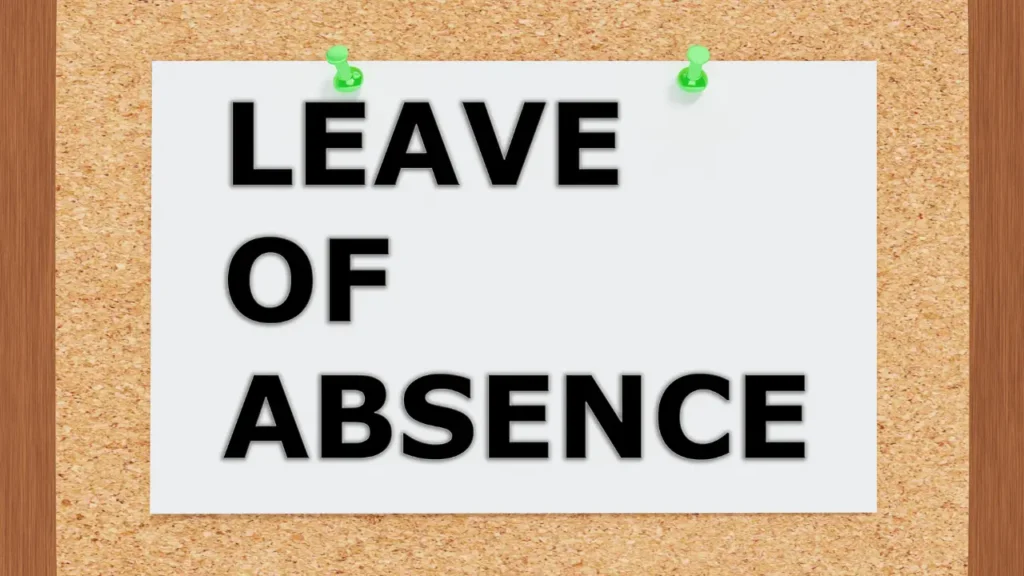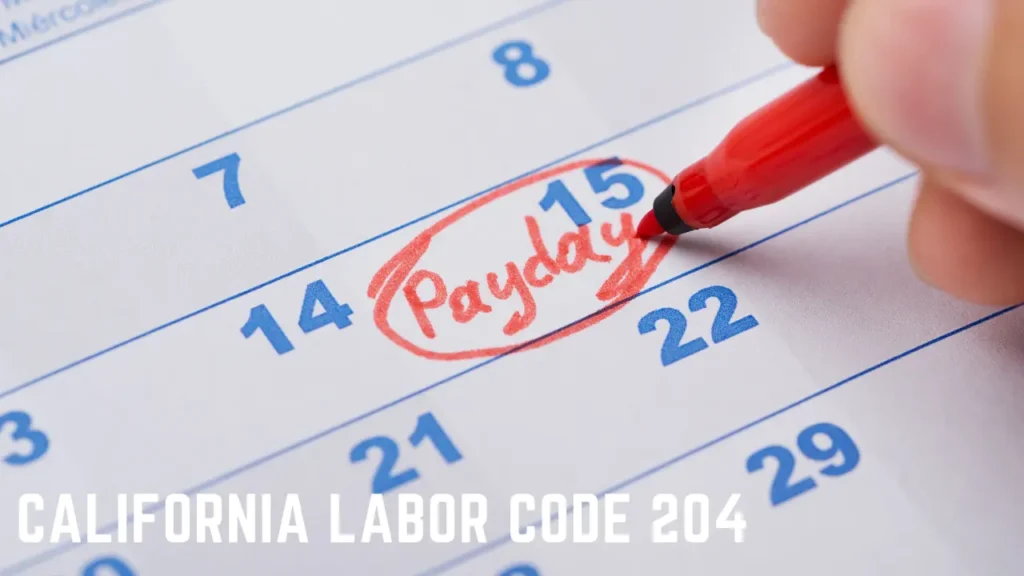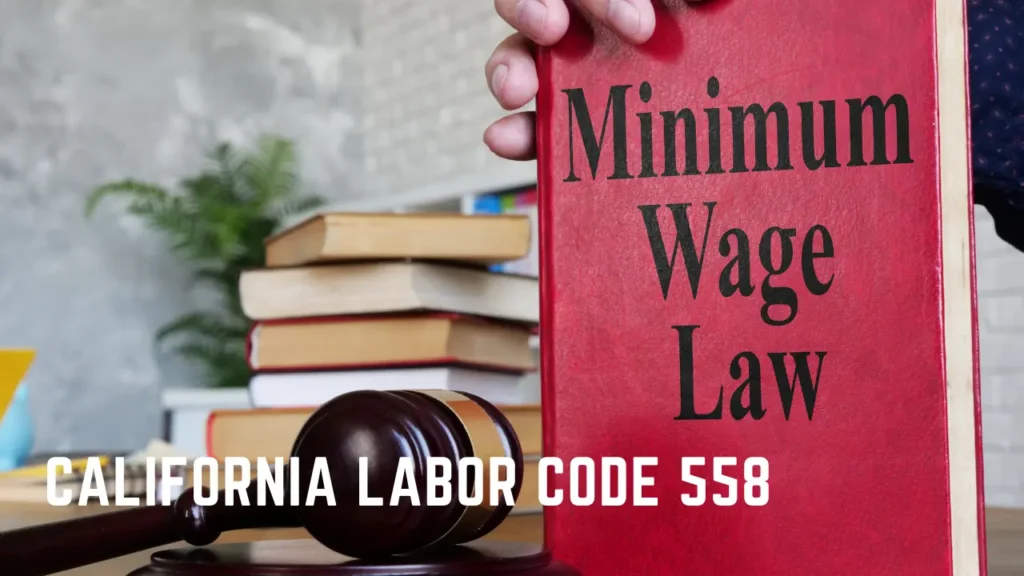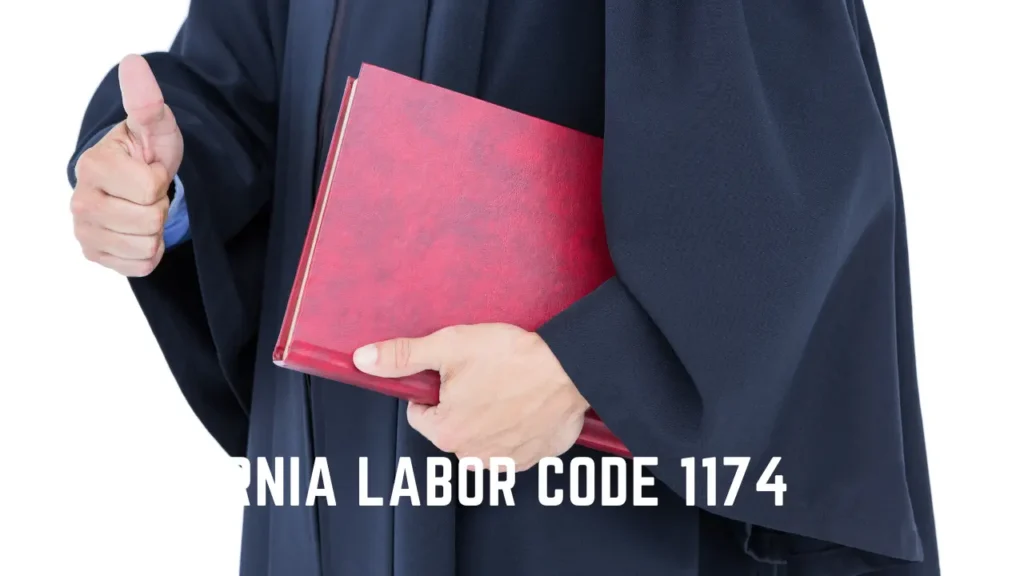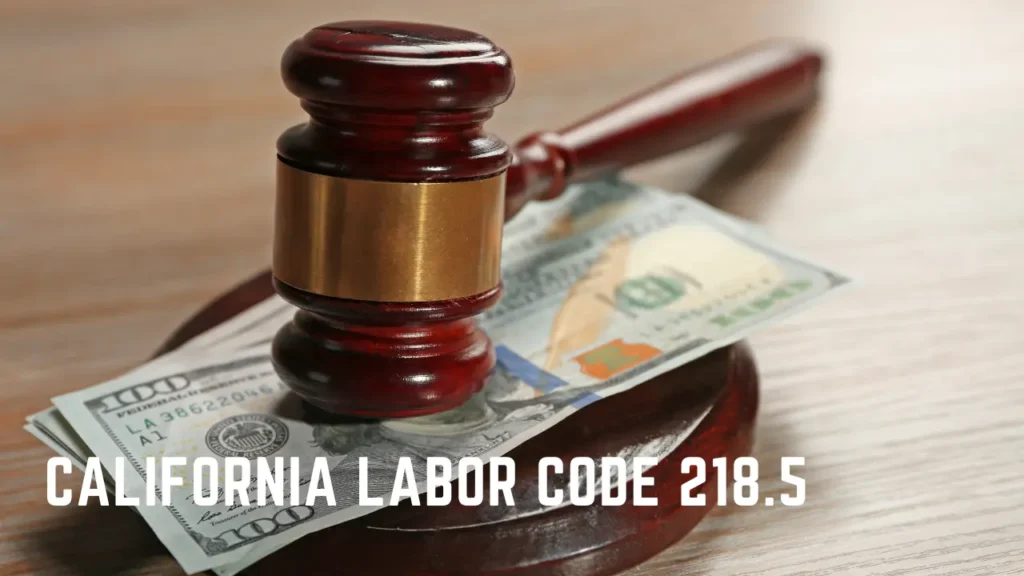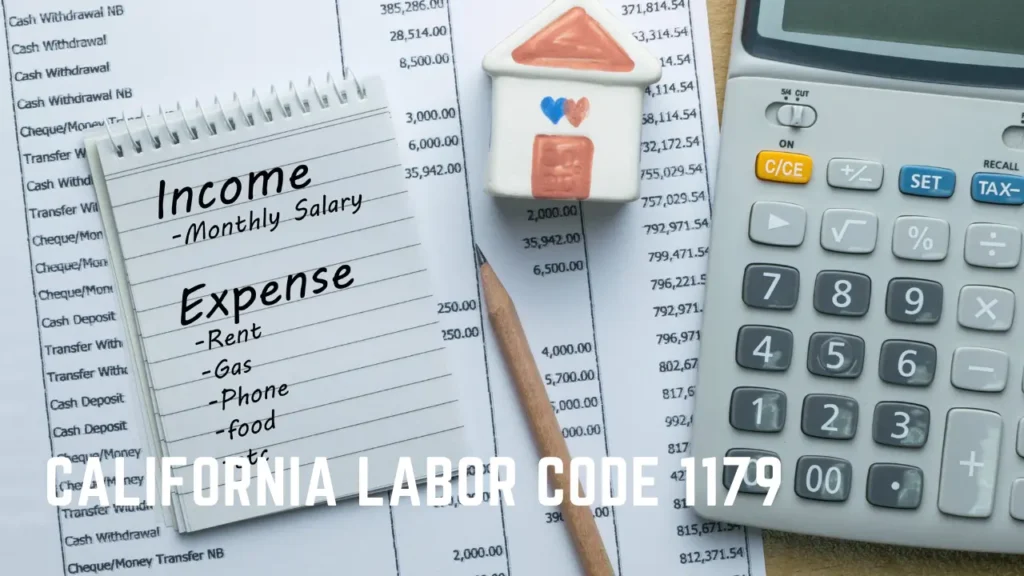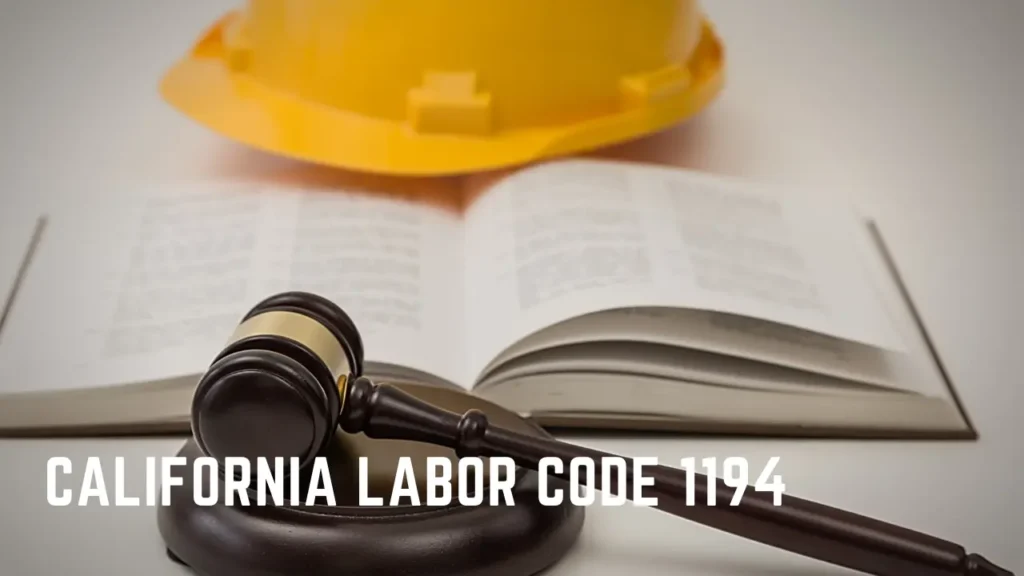Table of Contents
ToggleAs we explore this topic in depth through the keen perspective of a seasoned labor lawyer, a myriad of questions will be addressed: Is holiday pay a legal requirement? How does it apply to federal employees and those within the state of Rhode Island? What are the implications for part-time employees?
The complexities of this issue may seem overwhelming, but by breaking it down, we will illuminate the intricacies of this important facet of employment law, prompting further inquiry and understanding.
Understanding Holiday Pay Regulations
To fully understand the regulations surrounding holiday pay, it is essential to delve into the specific laws and mandates that govern this aspect of employment compensation in various jurisdictions.
At a federal level, many U.S. government employees are entitled to double-time pay for hours worked on federal holidays. However, state laws vary; Rhode Island, for instance, requires 1.5 times regular pay for work on certain holidays.
Conversely, no state or federal laws mandate holidays off – employers can offer paid or unpaid leave based on specific agreements. Accommodations for religious holidays, while not mandated, must be reasonably provided for.
Understanding these laws can help both employers and employees navigate the complexities of holiday pay regulations, ensuring fair and lawful compensation.
Federal Holiday Pay Details
Having explored the general landscape of holiday pay regulations, let’s now shift our focus to the specifics of federal holiday pay for U.S. government employees.
- Federal law stipulates that many federal employees are entitled to double-time pay for hours worked on the 11 recognized federal holidays, which include New Year’s Day, Memorial Day, and Thanksgiving.
- Part-time employees covered by this law also receive holiday pay, providing a level of job security and financial certainty to these workers.
- Notably, if a federal holiday falls on a weekend, covered employees are entitled to have the preceding Friday or following Monday off, ensuring that they still benefit from the designated holiday.
However, exceptions do apply, such as for elected officials and some Executive Branch workers.
Part-Time Employees’ Holiday Pay
When it comes to part-time employees, their entitlements to holiday pay can vary significantly based on federal and state laws, as well as individual employer policies.
While federal law does not mandate holiday pay for part-time workers, specific state laws may require it under certain circumstances. Additionally, employers may choose to offer holiday pay to part-time employees as part of their company benefits package.
However, these policies can differ widely, so it’s essential that part-time employees understand their rights and employer’s policies.
If there is any confusion or difficulty regarding holiday pay, it’s advisable to consult with a labor lawyer for professional guidance. Remember, understanding your rights is the first step towards protecting them.
Recognized Federal Holidays
Under the umbrella of federal law, eleven specific days are recognized and designated as federal holidays, providing certain entitlements to eligible employees. These include:
- New Year’s Day
- Martin Luther King Jr. Day
- Presidents’ Day
- Memorial Day
- Independence Day
- Labor Day
- Columbus Day
- Veterans Day
- Thanksgiving Day
- Christmas Day
- Inauguration Day (only for federal employees in the Washington D.C. area during a Presidential inauguration year)
On these dates, certain federal workers are entitled to double-time pay if they are required to work. It’s important to note that private employers are not required by federal law to provide paid time off or premium pay for hours worked on these holidays unless stipulated in an employment contract or collective bargaining agreement.
Exceptions to Double-Time Pay
While the provision of double-time pay on federal holidays is a significant benefit for many workers, it’s critical to understand that there are specific exclusions as outlined by federal law. Notably, elected officials, department heads, and select Executive Branch workers are typically exempted from this regulation.
Similarly, Rhode Island law mandates 1.5 times regular pay on nine specific holidays, but exceptions apply to healthcare workers, lawyers, certain hospitality employees, and commercial fishermen. The interpretation and application of these laws can vary and may be subject to change, thus it’s advisable for workers to seek guidance from a labor law expert to fully understand their rights regarding double-time pay and other compensations related to holiday work.
Rhode Island’s Unique Holiday Pay Laws
Delving into Rhode Island’s unique holiday pay laws reveals a distinct approach to premium pay for work performed on specific state-acknowledged holidays. The Ocean State stands out for its mandate on 1.5 times regular pay for work on nine state-recognized holidays.
However, this law comes with certain caveats:
- Certain professionals, including healthcare workers and lawyers, are exempted from this requirement.
- The law doesn’t apply to specific industries such as the hospitality sector and commercial fishing.
- The state-recognized holidays include, but not limited to, Labor Day and Columbus Day.
These specific regulations underscore the importance of understanding the nuanced landscape of labor law. If you’re an employee or employer in Rhode Island, staying informed about these unique regulations is crucial.
Exemptions to Rhode Island’s Premium Pay
Building on Rhode Island’s unique approach to holiday pay, it’s essential to examine the specific exemptions that contribute to its distinctiveness in the labor law landscape.
While Rhode Island mandates 1.5 times regular pay for work on nine covered holidays, some workers are exempted from this premium pay. Notably, healthcare workers and lawyers are among the professional categories that do not benefit from this provision.
Furthermore, certain employees in the hospitality industry and commercial fishermen are also excluded from receiving premium pay. These exemptions, dictated by the type of work and industry, create nuanced complexities within Rhode Island’s labor laws.
Understanding these exemptions is crucial for both employers and employees in navigating their rights and obligations with regard to holiday pay.
How to Contact Legal Assistance
Should you find yourself in need of legal assistance regarding holiday pay or other labor law issues, there are several ways to initiate contact with a legal firm.
- Most firms offer an online contact form on their website. Fill this out with your details and a brief description of your case for a quick response.
- Another method is to directly email the firm, attaching any relevant documents like pay stubs to support your inquiry.
- If immediate assistance is required, firms usually provide a contact number. This allows you to speak directly with a representative who can guide you through your legal concerns.
Remember to be clear and concise in your communication to ensure your issue is fully understood.
Navigating Employer Holiday Pay Policies
Having considered the ways to seek legal assistance regarding labor law issues, understanding the nuances of your employer’s holiday pay policies becomes an equally crucial task. Each employer’s holiday pay policy may vary, subject to federal and state laws.
There’s no federal law mandating private employers to provide paid time off for holidays. However, certain states like Rhode Island have specific provisions for holiday pay. It’s essential to review your employment contract or agreement for the employer’s specific holiday pay policies.
If your employer doesn’t provide paid holidays, they may provide unpaid time off or premium pay for working on a holiday. Remember, employers must also reasonably accommodate time off for religious observances under Title VII of the Civil Rights Act.
Seeking Legal Advice on Holiday Pay
To safeguard your rights and ensure fair treatment regarding holiday pay, it is advisable to consult with a knowledgeable labor attorney who can clarify your state’s laws and assess your unique situation. This lawyer can provide guidance on:
- Understanding your state’s specific holiday pay regulations.
- Interpreting your employment contract and its implications on your entitlement to holiday pay.
- Navigating possible disputes around holiday pay with your employer.
Bear in mind that holiday pay laws vary by state, and some employers may have their own policies that exceed state requirements. Acknowledging these complexities, professional legal advice becomes a crucial resource in protecting employee rights and fostering a fair workplace.
Religious Observances Accommodation
While it is not mandated by federal or state law for employers to provide paid time off for religious holidays, it is important to note that under Title VII of the Civil Rights Act, employers are required to make reasonable accommodations for employees’ religious beliefs, including observances and practices. This may involve schedule adjustments, voluntary shift substitutions, or flexible leave policies.
However, these accommodations must not impose an undue hardship on the employer’s operations. Employers are also prohibited from discriminating against employees based on their religious beliefs. If an employee feels that they have been treated unfairly due to their religious observances, they may seek legal recourse.
It is advisable to consult a labor lawyer to understand individual rights and protections in this area.
Conclusion
In conclusion, understanding the intricacies of ‘holiday pay’ can be complex due to varying federal and state regulations. Knowledge of these rules, including recognized federal holidays and exceptions, is critical for both employees and employers.
Legal advice can be beneficial in navigating these complexities. Accommodations for religious observances further underscore the importance of a comprehensive understanding of ‘holiday pay’.
This guide provides an essential tool to clarify these often confusing regulations.



